Media and Democracy Lesson Plan Of Class VII Can Ease Your Pain
Want to Know how Media and Democracy Lesson Plan of class VII can ease your pain? Then, first you need to understand that Media and Democracy is a very challenging chapter in class VII. It is not only challenging for the students but also for the teachers. At a tender age of 12-13 years, it is really difficult to understand how Media plays an important role in shaping a healthy democracy. Therefore, it requires a detailed lesson plan on Media and Democracy which can ease your pain. For lesson plan of other chapters, click on the given link.13 Points you Must Include In Your Class VII Social Science Lesson Plan
A Detailed Class VII Lesson Plan On Media and Democracy
Class VII
Subject: Political Science
No. of periods required: 04
Name of the chapter: Media and Democracy
General Objective:
i) To create interest in the subject.
ii) To develop Critical thinking and problem solving skills.
iii) Also to develop communication and collaborative skills among the students.
iv) To make the students aware about the basic role of Media in Democracy
Specific Objective:
- to understand the role of the media in a democratic country like India.
- Developing a sense that government is accountable to its people.
- understand the link between information (Media) and power (Government)
- to develop a critical sense of the impact of media on people’s lives and choices.
- appreciate the different role played by different types of mass media.
Application:
Apply the gained knowledge on their real life situation.
Teaching Aid:
Black-Board, Chalk, Duster, Smart class, PPT’s.
Teacher Student Interaction On Media and Democracy:
The teacher uses Interactive method to check their previous knowledge.
Also asks a few questions to recall basic understanding of democracy.
Teacher’s question:
Suppose, you want to purchase a bi-cycle but You are afraid of your father.
Moreover, you have not performed well in your tests. What will you do?
Students answer:
We will inform mother.
Teacher’s question:
Do you think by informing your mother, your message will reach to your father.
Student’s answer:
Yes teacher.
Teacher’s question:
O.K. So your mother will act as a link between your father and you. Isn’t it?
Students answer:
Yes teacher.
Teacher:
very good. But if you or your parents want something from the Prime Minister of India, then who will act as a link?
Students:
No answer.
Announcement of the Topic:
Teacher: Don’t worry, today we will read about how with the help of media, we can reach our government.
Class VII Social Science Lesson Plan For The Month Of June-July With Classroom Activities
Teaching Points From Media and Democracy:
- Introduction
- Media and Technology
- Media and Money
- Independence of Media
- Setting Agendas
- Shaping public opinion
A Detailed Class VII Lesson Plan On Media and Democracy
Teaching Method: Interactive, Lecture cum Discussion Method
The teacher begins the class by explaining the role of media.
Also discusses about the important functions of media.
The teacher begins the class by introducing the two words: Media and Democracy.
Explains the importance of media. Asks students about different programs on T.V.
Conducts a free discussion on Independence of Media.
Further, explains how media set agendas and shapes public opinion.
The teacher conducts two activities for better understanding of the chapter.
Activity 1:
1. Become a newspaper editor:
Suppose you are a news-editor-of-a-newspaper .
You have to prioritize 15 stories in order of importance (National, International, State, Local and sports.
5 for the country. 5 for your local community and 5 for the state.
In short, write in a sentence why each story is relevant to your readers.
Choose one of the 15 stories and write a 500-word editorial on the topic
OR
Activity 2:
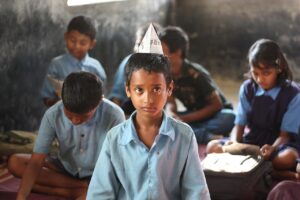
CLASS VII POLITICAL SCIENCE – MEDIA AND DEMOCRACY
2. Become a T.V. News reporter:
Your school’s time – table in charge has not given a single period of games.
Be a reporter https://www.masterclass.com/articles/how-to-become-a-television-news-anchor.
Take the public opinion about the time table from your classmates.
Send this reporting to your school’s higher authorities.
See whether the authorities take any action or not.
Assessment Criteria:
i) Knowledge of the subject.
ii) Presentation.
Two students (one from each group) along with the teacher will judge the activity and accordingly marks will be awarded to the group.
Skills developed:
i) Critical thinking and problem solving skills.
ii) Communication and collaborative skills.
Class work:
Cartoon Making:
The teacher asks the students to make any one cartoon on the following topics:
i) Government’s New Education Policy.
II) Condition of roads in your town / locality.
iii) Elections in India.
iv) Role of opposition in Parliament.
v) Health facilities in Government Hospitals.
VI) Online teaching in Government schools.
Home work:
Find out
i) What will happen if the media is biased?
ii) What will happen if the government has no control on media.
Interdisciplinary / multidisciplinary activities on Media and Democracy:
The teacher gives enough choice.
Students have to participate in any one activity.
However, students are free to take up any one activity either individually or in a group.
Integrating with Mathematics:
Collect the data of different types of people using different mass media.
Find out which mass media is very popular and why?
Represent it on a graph paper.
Integrating with Drawing:
Draw any five means of mass media.
Mention it’s advantages and disadvantages.
Integrating with English / Hindi:
Write an essay on the Topic – Is Social Media good or bad for Democracy?
Assessment criteria:
Moreover, the teacher will assess the project report under the following parameters:
Content, Presentation and Language.
Learning Outcome:
After reading the chapter, the students will be:
- Firstly, able to define Media and Democracy.
- Secondly, understand the importance of media in a democratic country.
- Thirdly, appraise the importance of media in controlling the government.
- Fourthly, Understands what will happen if the media is biased or corrupt.
- Lastly, Analyze how media acts as a link between Government and common man.
Remedial Measures:
- Initially, the teacher prepares short questions and answers for the slow learners.
- Moreover, the teacher also plans extra class after the school hours.
- However, the teacher also uses “Each One Teach One” method.
Conclusion: Media and Democracy
Hope you like the lesson plan on media and democracy.
Of course, there is no doubt that media is the backbone of democracy and acts as an interface between the common man and the Government.
Moreover, media can reach up to a large number of people and can inform them on key issues ranging from policies to elections.
In a democratic country, media also creates awareness.
The media is a lifeline of a Nation.
Media not only keeps us informed but also tells us what may affect the normal human life.
It is playing a significant role in our society in the present scenario.
It is all around us, But,
Do you agree that media is playing an unbiased role in a democratic country like India?
Who is your favorite T,V, News reporter.
Write your views in short in the comment box.
You may be interested in other most popular lesson plans given below:
Class VII Social Science Lesson Plan For The Month Of June-July With Classroom Activities
Class VII Social Science Lesson Plan For The Month Of April – May with Classroom Activities

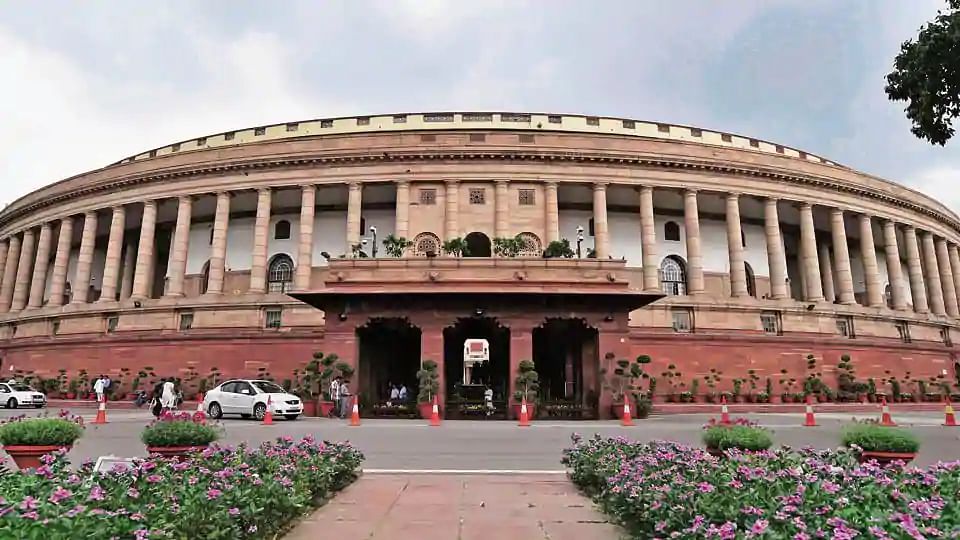
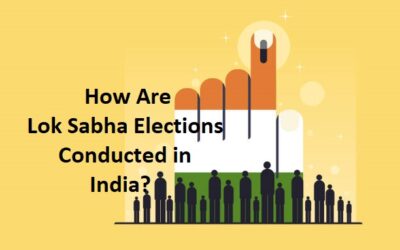
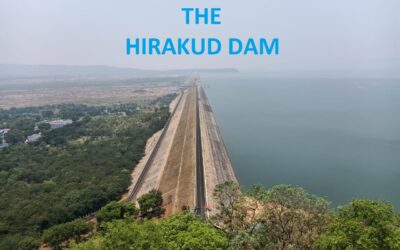
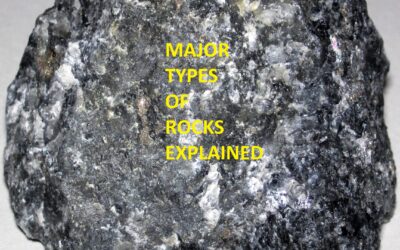
It’s very nice and very useful thanks
Thank you Bharti for your lovely comment. Keep visiting and sharing shapingminds.in
This platform provides wonderful content for teachers thank you sir for making this available for us.
Thank you Ranishka for your encouraging and positive feedback.